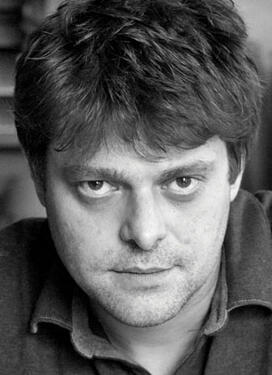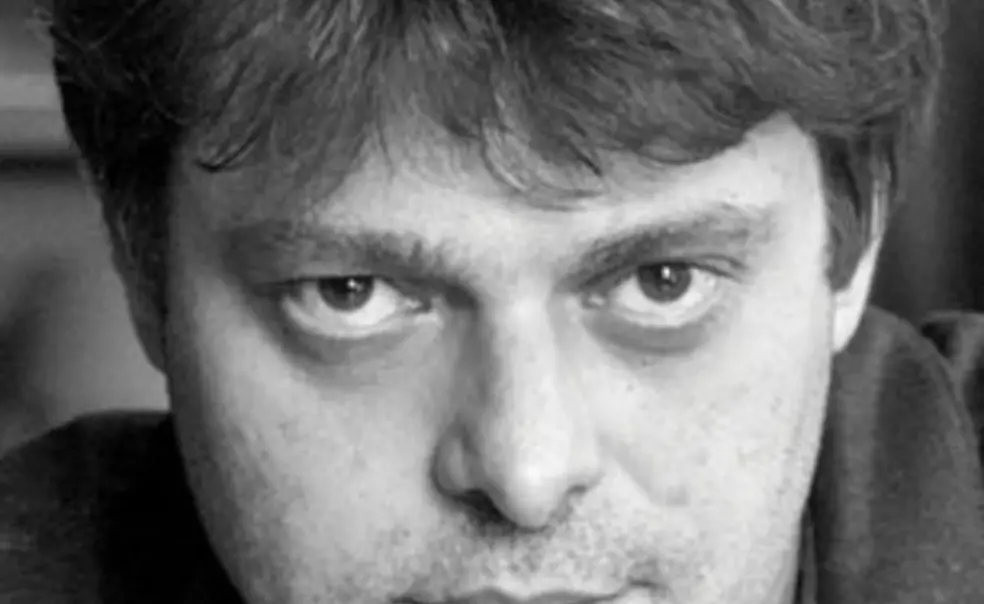A moment with... Vladimir Teichberg ’96, on publicizing protest

Just a few years ago, Vladimir Teichberg ’96 was a derivatives trader; today, he’s on the front lines of the Occupy Wall Street movement, live-streaming the protests in an effort to “change the principles under which we operate as a society.” A Russian émigré who moved to the United States at the age of 10, Teichberg worked for Deutsche Bank for more than a decade (for part of that time, he also was working for Glass Bead Collective, an online media group). Earlier this year, Teichberg organized Global Revolution, which The New Yorker has called “the switchboard for live coverage of the populist protests.” On Nov. 15, a few days after Teichberg spoke with PAW, protesters were evicted from Zuccotti Park in New York City. “The last three days saw occupations in four cities get attacked by riot police,” he emailed that day. “This attempt to stifle public debate with violence will not work. The underlying problems are not addressed, and you can’t ‘evict’ an idea.”
How did you get involved in radical politics?
I was a derivatives trader from the mid ’90s until 2008. In 2002, after the enactment of the Patriot Act and the decision to go to war in Afghanistan, I helped form Glass Bead Collective as a way to combat the rising tide of fascism in the United States. We were testing ways to use modern media to get people to start asking questions about what was going on.
Why did you continue to work as a banker?
It was a way to fund my other projects. That continued until 2008, when I took a team to cover protests at the Republican National Convention. I was arrested, and from that point on I was pretty open about what I was doing. I worked for some hedge funds afterward to pay the bills, but I never went back to investment banking after I was exposed.
Do you participate in the Occupy Wall Street protests?
We join the protests, but we also tell the story. Traditionally, protesters have been marginalized by the mainstream press, labeled as anarchists without a cause, and delegitimized. We short-circuit that because we can tell our own story and do it in real time. That makes it hard for the mainstream press to reframe what we are doing in a negative way.
What is your goal?
We are trying to start a global conversation about the future of our planet. And that’s happening. In hundreds of cities around the United States, people are meeting in their squares and discussing what needs to be done. We are introducing this pretty radical idea of consensus based on complete equality. We want to change the principles under which we operate as a society. This is a revolution against hierarchy.
Does change come through the legislative process or from outside of it?
You’re not going to find one consistent answer within the movement. A lot of people think we can reform the current representative system. But a lot of people feel we should do away with it and have decisions made by people-driven committees rather than elected representatives. Imagine a town hall that had the power to pass laws. That’s what a lot of people see as the answer to the fact that all of our institutions have become completely corrupt.
Will Occupy Wall Street activists get involved in elective politics?
I think they will be involved in elective politics, but not the way the Tea Party did it. We are creating a worldwide consensus about inequality. Elected politicians are not going to have any choice but to accept what the movement wants if they want to be elected.
What’s the next step?
New York has become a training camp for activism and dissent. It will take time. To create local assemblies where everyone is equal requires that there be no factions to hijack the process, which is definitely happening in some of the smaller occupations around the country. So a lot of what we are doing now is trying to set up media centers to push these fundamental principles of equality, unity, and mutual respect.
They’re [government officials] going to have to let this debate happen. Once it happens, we will be able to connect all these local assemblies together so we can come up with national structures. Eventually, we can usher in a new form of government that is much more representative than the one we have now.
— Interview conducted and condensed by Mark F. Bernstein ’83












No responses yet